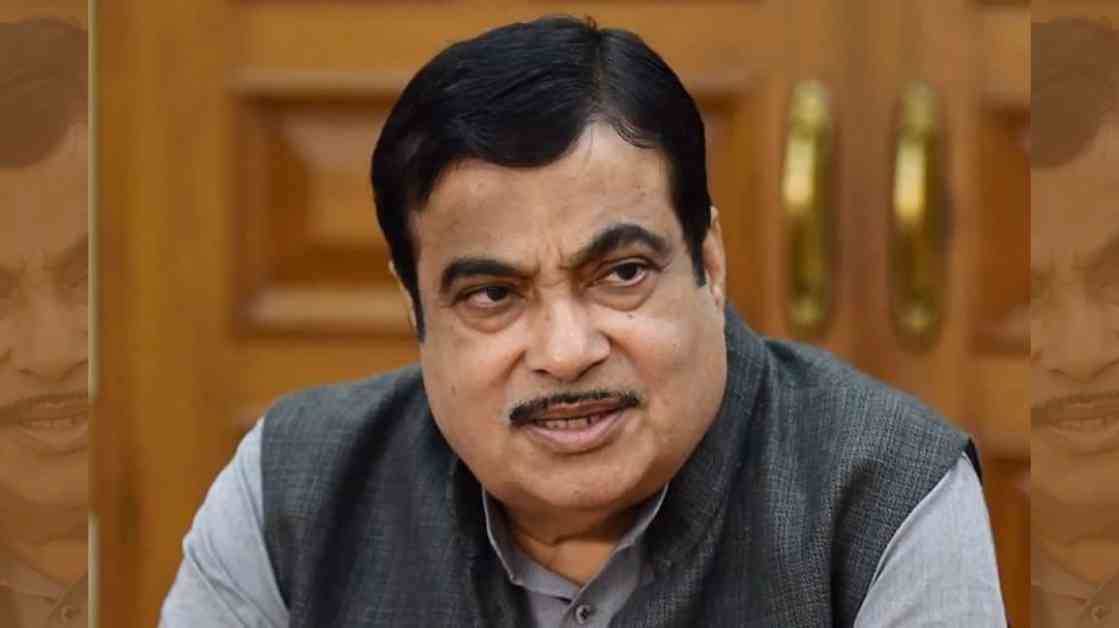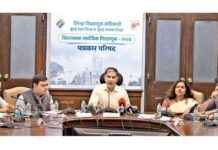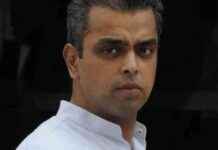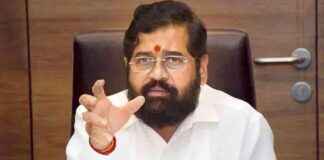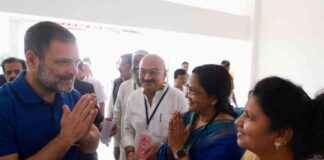Union Minister for Transport and National Highways, Nitin Gadkari, recently revealed at a journalism award event in Nagpur that he had been approached by a senior opposition leader with an offer to become the Prime Minister before the 2024 Lok Sabha elections. This surprising revelation has stirred up discussions within political circles, as it sheds light on Gadkari’s steadfast commitment to his principles and convictions.
Gadkari’s decision to reject the PM post offer was driven by his unwavering belief in staying true to his values. He emphasized that he has always lived and worked by certain principles and that he never harbored any aspirations of becoming the Prime Minister. His upbringing, deeply rooted in moral values, played a significant role in his immediate and firm response to turning down the proposition. For Gadkari, certain principles are non-negotiable, and he made it clear that he could not compromise on his beliefs for personal gain.
Despite refraining from naming the opposition leader or providing further details about the offer, Gadkari’s revelation has raised eyebrows, especially within his own party, the BJP. His statement has added a new layer of intrigue to the political landscape as the country gears up for the upcoming elections in 2024. Gadkari’s strong stance on his convictions has garnered respect from both supporters and critics alike, highlighting his integrity and moral compass in a realm often characterized by opportunism and self-interest.
One of the key factors that sets Gadkari apart from many politicians is his ability to maintain cordial relationships with leaders across the political spectrum. Despite his deep connections within the RSS-BJP ecosystem, he has cultivated strong personal and professional ties with key figures in the opposition, including members of the Congress party. In Maharashtra, Gadkari enjoys a close rapport with Uddhav Thackeray, president of Shiv Sena, and Sharad Pawar, president of the NCP. These relationships, built on mutual respect and understanding, showcase Gadkari’s willingness to collaborate and engage with individuals from diverse ideological backgrounds.
Gadkari’s friendship with the late Communist leader A B Bardhan also exemplifies his open-minded approach to political relationships. Despite differing ideologies, Gadkari held Bardhan in high regard for his unwavering commitment to his party and principles. This willingness to engage with individuals across party lines demonstrates Gadkari’s belief in the importance of dialogue and collaboration in a democratic society.
In addition to his political engagements, Gadkari also shared his concerns about the state of journalism in the country. He expressed unease about a certain subset of journalists who misuse the Right to Information (RTI) Act for personal gain, citing an example of an individual who owns a luxury Mercedes. Gadkari’s remarks underscore the need for ethical journalism practices and the importance of upholding journalistic integrity in the face of increasing challenges and pressures.
As the political landscape continues to evolve in the lead-up to the 2024 elections, Gadkari’s actions and statements serve as a reminder of the significance of staying true to one’s values and convictions. His refusal of the PM post offer and his dedication to principles over personal gain set a precedent for ethical leadership in a time marked by shifting alliances and opportunistic maneuvers. Gadkari’s integrity and commitment to his beliefs stand as a beacon of hope in a political climate often fraught with moral ambiguity and compromise.
